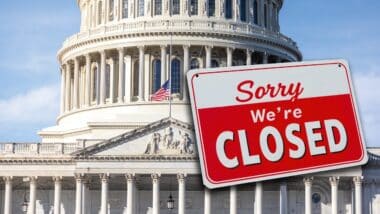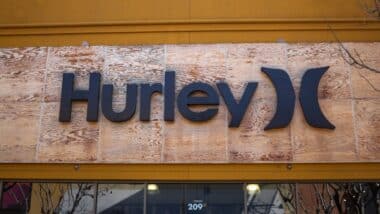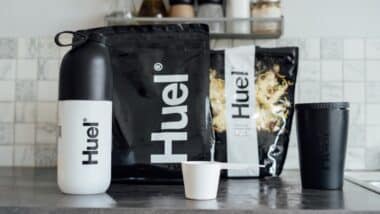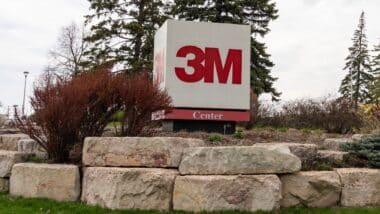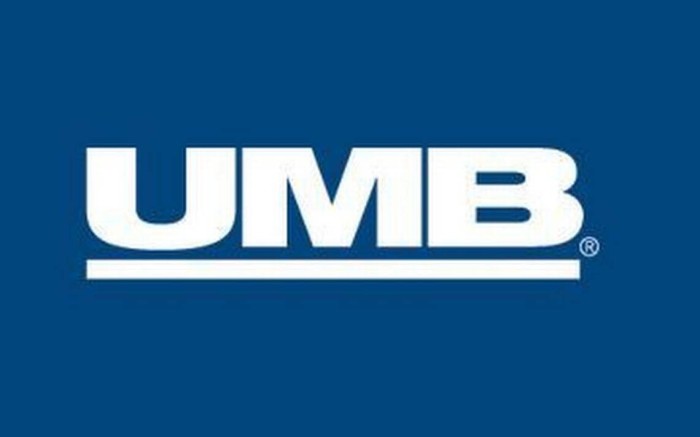 UMB Bank overdraft practices have been the focus of a number of complaints and lawsuits, claiming the bank uses deceptive practices to charge their customers.
UMB Bank overdraft practices have been the focus of a number of complaints and lawsuits, claiming the bank uses deceptive practices to charge their customers.
Some customers report that UMB Bank overdraft practices can be intentionally deceptive in order to charge customers extra in fees.
Basics of Overdraft Protection
Understanding the basics of overdraft protection can help in order to understand deceptive UMB Bank overdraft practices.
Essentially, banks like UMB Bank offer overdraft protection programs that allow their customers to cover transactions that they do not currently have the funds for. To process the transaction, banks charge a set overdraft fee. These fees usually vary between $25 and $35, depending on the bank.
Overdraft protection programs are often painted as a beneficial thing. Indeed, in theory, these programs can be beneficial. However, when UMB Bank overdraft practices and those of other banks are deceptive, customers can be left with significant and unexpected financial problems.
While the law requires that banks like UMB Bank allow their customers the choice to opt in to overdraft protection programs, some banks may purposely avoid giving their customers all the information about their institution’s overdraft fees and practices.
Because of this, customers may not be fully aware of how overdraft programs work when their bank encourages them to opt in, which puts them at risk of being charged excessive or unfair overdraft fees.
According to reports, financial institutions like UMB Bank across the country make billions every year from money incurred by overdraft fees.
Deceptive Overdraft Practices
Financial institutions like UMB Bank can employ a number of deceptive practices in their overdraft protection program, including the following:
- Marketing their excessive overdraft fees in a misleading way using terms like “overdraft protection,” “courtesy pay,” and “overdraft coverage”
- Processing transactions from high to low rather than chronological order to increase both the number and amount of overdraft fees after an account is overdrawn
- Reporting inaccurate balances to customers, allowing them to incur overdraft fees unknowingly on their account
- Purposely delaying deposits
- Using inaccurate balances to determine overdraft fees
Deceptive UMB Bank Overdraft Practices Settlement
UMB Bank recently settled a class action lawsuit over UMB Bank overdraft practices, in which they agreed to pay a $7.8 million settlement. In the lawsuit, customers alleged the bank deliberately processed transactions out of order to increase the number of overdraft fees charged.
Although UMB Bank denied any wrongdoing in the matter, it agreed to the $7.8 million settlement to be paid to class members in order to resolve the litigation. Class members will receive reimbursement for the total number of overdraft fees they were charged unlawfully.
Despite the successful settlement for prior years, deceptive UMB Bank overdraft practices may continue to affect the bank’s current customers.
Bank customers who believe they are being charged unfair overdraft fees or that their bank is using deceptive practices should speak to an attorney who can help determine the legitimacy of these claims and give advice about filing a potential lawsuit.
Do YOU have a legal claim? Fill out the form on this page now for a free, immediate, and confidential case evaluation. Some of the banks and credit unions being investigated include, but are not limited to:
- HSBC Bank
- UMB Bank
- State Employees Credit Union
- Pentagon Federal Credit Union
- Boeing Employees Credit Union
- Alliant Credit Union
- Star One Credit Union
- First Technology Federal Credit Union
- America First Credit Union
- American Airlines Federal Credit Union
- Alaska USA Federal Credit Union
- Vystar Credit Union
- Citizens Equity First Credit Union
- Teachers Federal Credit Union
- ESL Federal Credit Union
- Patelco Credit Union
- DFCU Financial Credit Union
The attorneys who work with Top Class Actions will contact you if you qualify to let you know if an individual lawsuit or class action lawsuit is best for you. Hurry — statutes of limitations may apply.
ATTORNEY ADVERTISING
Top Class Actions is a Proud Member of the American Bar Association
LEGAL INFORMATION IS NOT LEGAL ADVICE
Top Class Actions Legal Statement
©2008 – 2025 Top Class Actions® LLC
Various Trademarks held by their respective owners
This website is not intended for viewing or usage by European Union citizens.
Get Help – It’s Free
Join a Free Bank & Credit Union Overdraft Fee Class Action Lawsuit Investigation
If your bank and credit union has engaged in deceptive overdraft fee practices, you may have a legal claim. Fill out the form on this page now to find out if you qualify!
An attorney will contact you if you qualify to discuss the details of your potential case.
In order to properly investigate overdraft fee claims, you may be required to disclose bank statements to overdraft fee attorneys. Please note that any such information will be kept private and confidential.
ATTORNEY ADVERTISING
The choice of a lawyer is an important decision and should not be based solely on advertisements.
E-mail any problems with this form to [email protected]
PAID ATTORNEY ADVERTISEMENT: THIS WEB PAGE IS AN ADVERTISEMENT AND THE PARTICIPATING ATTORNEY(S) ARE INCLUDED BECAUSE THEY PAY AN ADVERTISING FEE. The attorney in charge of this advertisement is T.Kick. It is not a lawyer referral service or prepaid legal services plan. Top Class Actions is not a law firm. Top Class Actions does not endorse or recommend any lawyer or law firm who participates in the network, nor does it analyze a person’s legal situation when determining which participating lawyers receive a person’s inquiry. It does not make any representation and has not made any judgment as to the qualifications, expertise or credentials of any participating lawyer. No representation is made that the quality of the legal services to be performed is greater than the quality of legal services performed by other lawyers. The information contained herein is not legal advice. Any information you submit to Top Class Actions does not create an attorney-client relationship and may not be protected by attorney-client privilege. Do not use the form to submit confidential, time-sensitive, or privileged information. All photos are of models and do not depict clients. All case evaluations are performed by participating attorneys.








